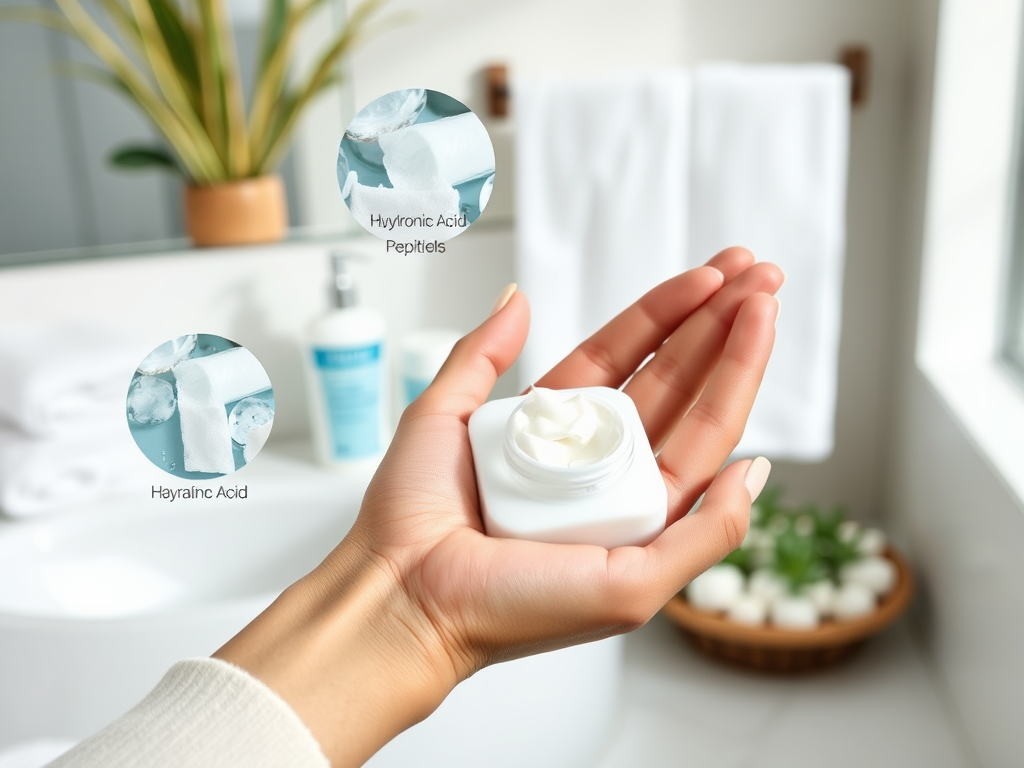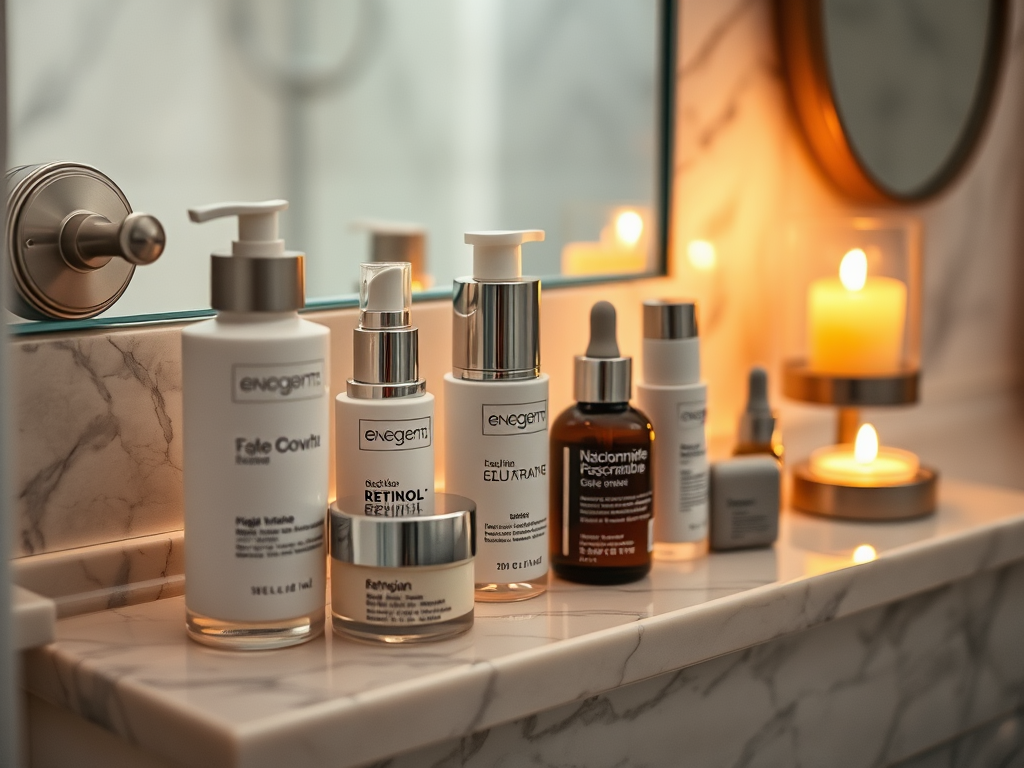Every evening, as the world quiets down, your skin enters a powerful phase of renewal and rejuvenation. Optimizing your nighttime skincare routine can amplify this natural process, leaving you with a fresh, radiant complexion by morning. But achieving this ideal state isn’t merely about slathering on the latest product trends. Instead, it involves selecting the right ingredients designed to work in harmony with your skin’s nighttime functions. By understanding key elements to include in your products, you can elevate your skincare game and allow your skin to drink in all the nourishment it craves while you sleep.
The skin undergoes a range of essential functions during the night that help repair damage, promote cell turnover, and enhance moisture retention. Therefore, the products you choose for your nighttime routine play a crucial role in determining the effectiveness of these processes. Transitioning from daytime products to a more robust nighttime regime often involves a few key ingredients that have been scientifically proven to deliver results. Let’s delve into the specifics of what to incorporate into your nightly routine to make the most of this critical time for your skin.
The Importance of Nighttime Skincare

Nighttime skincare serves as a powerful counterpart to the stresses your skin endures during the day. Throughout the day, your skin is subjected to sun exposure, pollution, and various environmental stressors that can lead to aging and deterioration. Consequently, nighttime is when your skin can recalibrate and recover from these daily aggressors. This unique opportunity allows active ingredients to penetrate deeper and work effectively without the interference of UV rays. Thus, your nighttime ritual becomes not in indulgence but a vital necessity for skin health.
Key Ingredients to Include in Your Nighttime Skincare

Retinol: The Anti-Aging Powerhouse
When it comes to fighting the signs of aging, retinol is often regarded as the gold standard. Retinol, a derivative of Vitamin A, promotes cell turnover, helping to shed dead skin and encourage the growth of new cells. As a result, this powerhouse ingredient can significantly reduce the appearance of fine lines and wrinkles. Furthermore, it improves skin texture and can even minimize the visibility of pores. However, a gradual introduction is essential, as too much retinol too soon can lead to irritation. Therefore, it’s wise to start with a lower concentration and build up as your skin becomes accustomed to it.
Hyaluronic Acid: Ultimate Hydration
Hyaluronic acid is often celebrated for its exceptional ability to retain moisture, making it a crucial addition to any nighttime routine. This ingredient can hold up to 1,000 times its weight in water, which means it acts as a powerful humectant. Not only does it boost hydration, but it also helps to plump the skin, restoring that youthful glow. Consequently, using products containing hyaluronic acid can ensure that your skin stays well-hydrated all night long. The result? Reduced dryness and a visibly healthier complexion in the morning.
Peptides: Building Blocks of Skin
Peptides play a vital role in skin health as they are composed of chains of amino acids that help stimulate collagen production. By enhancing skin elasticity, peptides can minimize the appearance of wrinkles and give your skin a lifted effect. Moreover, they also aid in hydration and overall skin repair. For those looking to maintain firmness in their skin, peptides are indispensable. They can be found in various serums and moisturizers designed specifically for nighttime use, helping your skin recover while you rest.
Niacinamide: The Multitasker
Known for its versatile benefits, niacinamide is a variant of Vitamin B3 widely recognized in skincare circles. It stands out as a multitasking ingredient that effectively reduces redness, minimizes pores, and evens out skin tone. Furthermore, it also provides anti-inflammatory properties, making it suitable for sensitive skin. In just a few nights, regular use of niacinamide can help to brighten your complexion and enhance your overall skin appearance. Its lightweight texture allows for easy layering with other products, making it a convenient choice in a nighttime routine.
Additional Ingredients Worth Considering
While the aforementioned ingredients are essential, here are some other components that can significantly enhance your nighttime skincare regimen:
- Ceramides: Essential for restoring the skin barrier and maintaining hydration.
- Alpha Hydroxy Acids (AHAs): Natural exfoliants that promote brightness and smooth skin texture.
- Natural Oils: Oils such as jojoba or rosehip provide nourishing and soothing properties while you sleep.
How to Layer Your Nighttime Skincare Products
Layering your skincare products is critical to maximizing their benefits. The right order can influence how well each product absorbs and functions. Below is a simple guide to help you structure your nighttime routine:
| Step | Type of Product | Purpose |
|---|---|---|
| 1 | Cleansers | Remove makeup and impurities |
| 2 | Toners | Balance skin pH and add hydration |
| 3 | Serums | Target specific concerns (e.g., wrinkles, dullness) |
| 4 | Mositurizers | Seal in hydration and nurture skin |
Following this sequential approach ensures that each ingredient has the best chance to perform effectively. Remember to allow each layer to absorb before applying the next product, and keep an eye out for potential conflicts between active ingredients.
Conclusion
Your nighttime skincare ritual is more than just a bedtime habit; it’s an investment in your skin’s future health. By carefully selecting products that contain powerful ingredients, you can amplify your skin’s natural reparative processes. Focus on incorporating retinol, hyaluronic acid, peptides, niacinamide, and antioxidants to reap the maximum benefits as you sleep. The choices you make can lead to rejuvenated skin and a glowing complexion that greets you each morning.
Frequently Asked Questions
- What is the best time to apply nighttime skincare products? Nighttime products are best applied after cleansing, usually about 30 minutes before going to bed.
- Can I use retinol every night? It’s advisable to start with a few times a week and increase use as your skin builds tolerance.
- What is the difference between day and nighttime skincare products? Nighttime products are usually richer and include active ingredients that may be sensitive to sunlight, beneficial for skin repair during sleep.
- Are natural ingredients better than synthetic ones for nighttime skincare? It depends on individual skin types and concerns; some may respond better to natural ingredients, while others may benefit from clinically proven synthetic components.
- How can I tell if a product is suitable for my skin type? Look for labels that specify suitability for your skin type, and consider patch testing new products before a full application.